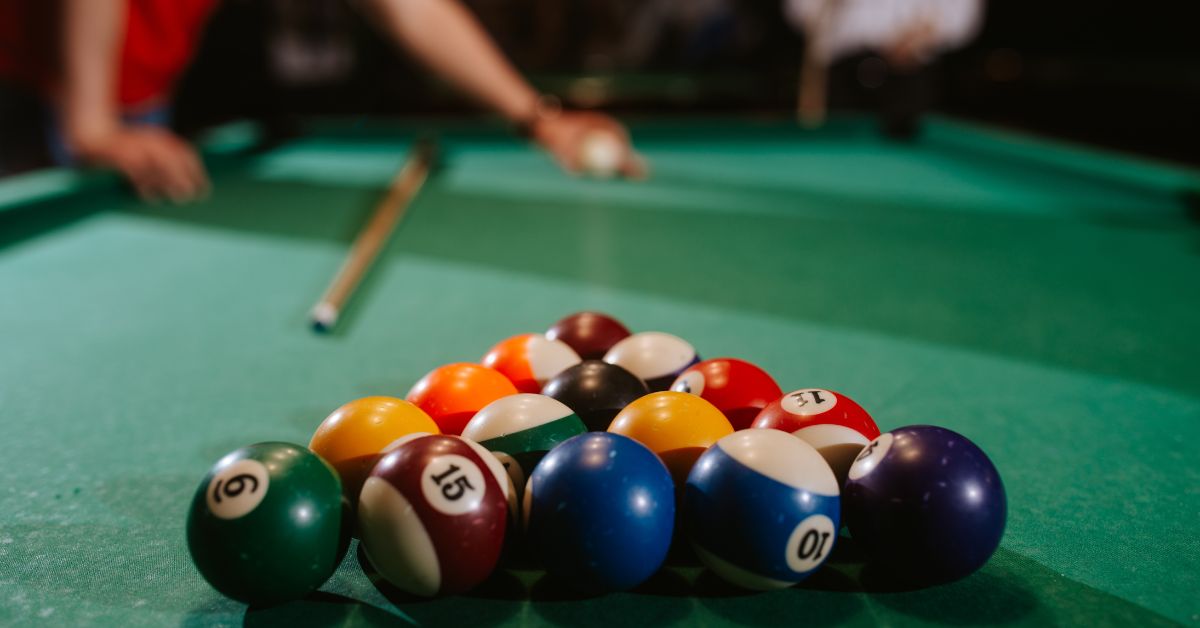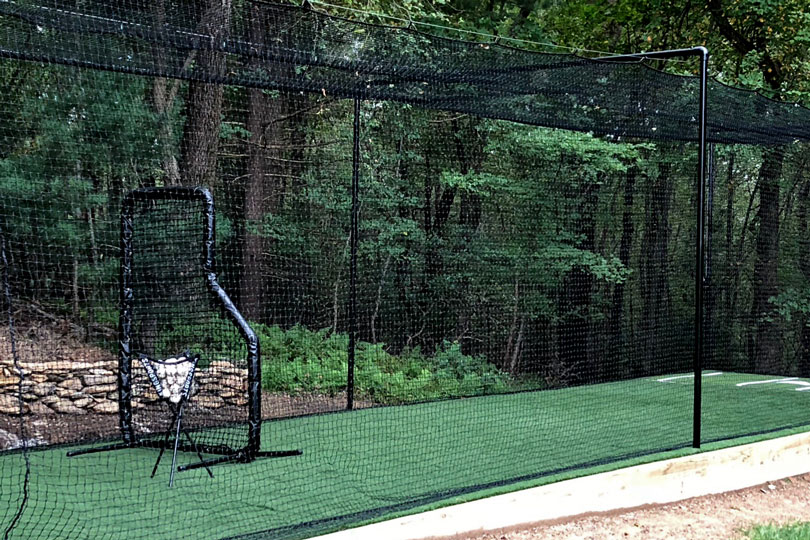Sports Drinks Won’t Prevent Dehydration or Hyponatremia
Do you believe the ads for sports drinks that tell you they contain everything you need during exercise? Think again. Sports drinks contain a small amount of salt, but not enough to meet your needs. A study in the British Journal of Sports Medicine showed that you cannot replace salt lost through exercise exclusively by taking salty fluids (April 2006). If you are exercising for a long time in warm weather, you need to replace fluid, salt and calories. Salty drinks taste awful, so none of the popular sports drinks contain much salt. You need to eat salty foods along with the beverage of your choice. Since thirst is a very late sign of dehydration and lack of fluids during endurance exercise can kill, all exercisers are encouraged never to wait for thirst to tell them when to drink. By the time an athlete becomes thirsty during a competition, it is too late for him to drink enough to replenish his loses without stopping to rest.
Many people fear hyponatremia (collapse or even death from too much water during exercise), but sports drinks offer no advantage over any other beverage. Hyponatremia is caused by excess fluid from any source, not by lack of salt or calories. During intense competition, athletes concentrate so hard on maintaining their pace that they are unlikely to take in too much fluid. However, novice athletes often run so slowly that they spend more time drinking than pushing the pace. How much fluid should you drink? The American College of Sports Medicine recommends about a quart an hour during vigorous exercise. For a person who is not exercising near his maximum, this could be too much. The person who is exhausted and exercising significantly below his capacity probably should take in only about a pint per hour.



